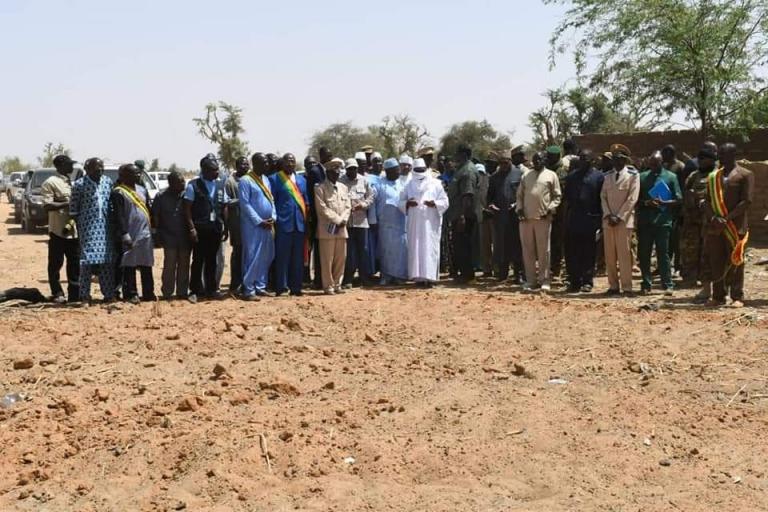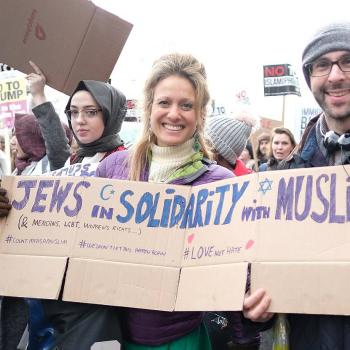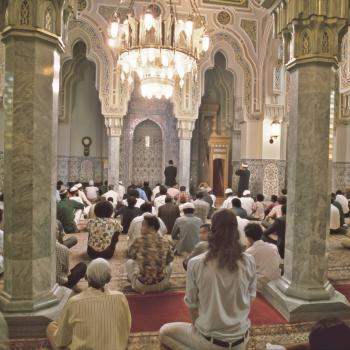
On March 23, 160 individuals were killed in the Mopti region at the hands of extremists linked to the terrorist organizations Al Qaeda and Islamic State. Since the responsibility of the Mali Massacre falls on Jihadists, let’s also discuss what Jihad in Islam actually is.
The Tuareg-Fulani conflict has been occurring since the beginning of last year and has cost more than 600 lives. These lives are considered collateral damage in a war between two ethnic confederations; the Tuaregs and the Fulanis. The former is a political and military organization while the latter has ties with an extremist organization fighting in the name of Islam. Why are they fighting? For political and economic supremacy—as with all extremist organizations, this is the goal, and it has little or nothing to do with the religion they hijack.
The Arabic word Jihad means utmost struggle or striving in the way of God. The aim of Jihad is to bring about a spiritual revolution in the world. This concept is limited to three types of Jihad. In order of most significant to least, these are: Jihad against oneself known as inner struggle; Jihad against Satan; and Jihad against an enemy.
In essence, Jihad is a self-help concept used to better oneself and fight for freedom to improve society as a whole.
In no way do extremist organizations do justice to the concept of Jihad because of having personal vested interests. And if they have the audacity to justify wars and killing innocent people in the name of Islam, let a verse from the Qur’an be crystal clear: “There is no compulsion in religion” (2:257).
Has God Given Permission to Fight?
If their rebuttal is that in the Qur’an, God has given permission to fight, I urge a reading of the verse in context to fully comprehend its meaning:
“Permission to fight is given to those against whom war is waged because they have been wronged. … Those who have been driven out from their homes unjustly only because they said our Lord is Allah and if Allah did not repel some men by means of others they would surely have pulled down cloisters, churches, synagogues and mosques where in the name of Allah is often commemorated” (22:40-41).
The founder of the Ahmadiyya Muslim Community, Mirza Ghulam Ahmed (peace be on him), gained a lot of opposition and enmity when he denounced the type of Jihad which involves spreading the teachings of Islam with a sword. Early wars of Islam were fought as a means of self-defense. This does not set precedent for acts of terror.
His fourth successor, Mirza Tahir Ahmed, clearly explained Jihad in Islam. In his book Murder in the Name of Allah, he said, “As far as Islam is concerned, it categorically rejects and condemns every form of terrorism. It does not provide any cover or justification for any act of violence, be it committed by an individual, a group or a government. … I most strongly condemn all acts and forms of terrorism because it is my deeply rooted belief that not only Islam but also no true religion, whatever its name, can sanction violence and bloodshed of innocent men, women and children in the name of God.”
We cannot control the labels that extremist organizations choose to identify with, but it is in our control to understand whether they are labeled falsely or legitimately, so that we do not in ignorance further spread any misconceptions.
Nothing can bring back the hundreds of defenseless victims of the Mali Massacre. But we can educate ourselves in the true teachings of various religions so that extremist organizations will become less and less successful in using peaceful religions to justify their violent actions.
Hena Tahir is a writer for the Ahmadiyya Muslim Women’s Association. Her email is [email protected].
















